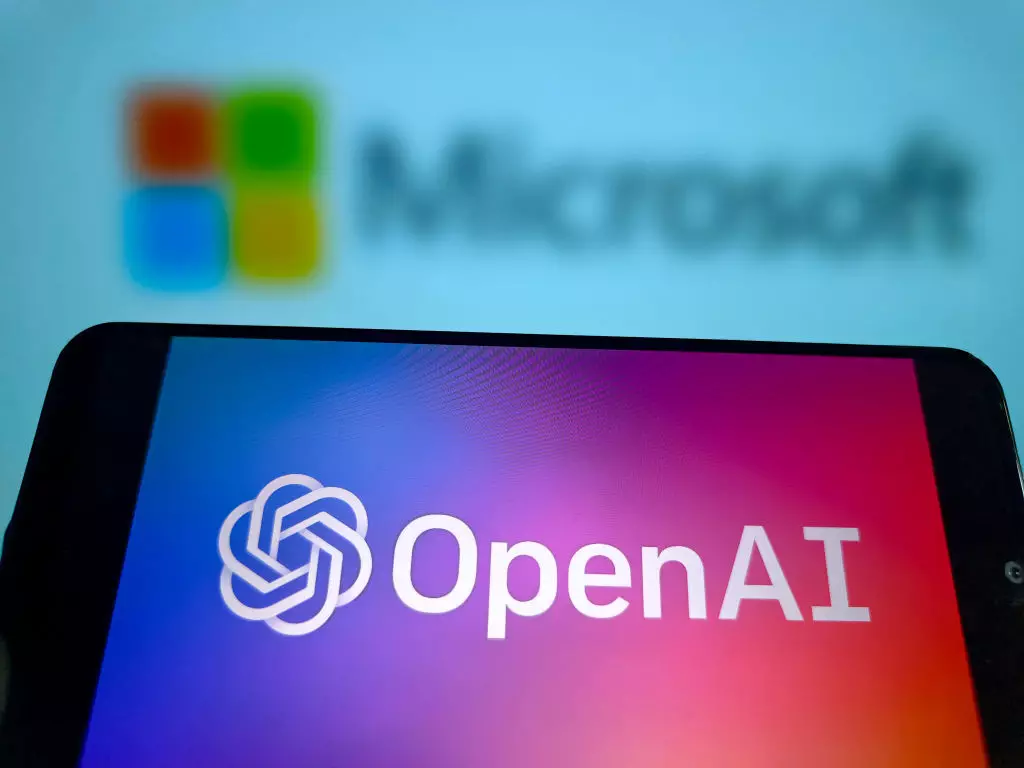OpenAI has recently made headlines by clarifying its intentions regarding the anticipated AI model, code-named Orion. Contrary to a report from The Verge, which hinted at a potential launch by December of this year, OpenAI spokesperson confirmed via TechCrunch that there are no plans for an Orion release in 2023. This affirmation indicates that while excitement surrounding new advancements is high, the timeline for Orion’s deployment has been pushed back, reflecting the company’s cautious approach to model releases. OpenAI’s commitment to rolling out “other great technology” suggests that there are alternative innovations in the pipeline, but the nature and specifics of these developments remained ambiguous.
The Implications of Miscommunication
The conflicting information between OpenAI and The Verge raises significant discussions about the implications of misinformation in the tech industry. On one hand, sensationalized reporting can generate enthusiasm and interest in forthcoming technologies, but it also risks creating unrealistic expectations among users and stakeholders. OpenAI has previously stated that accuracy is paramount, emphasizing the need for clarity as they navigate the complexities of AI model development. The divergence in narratives calls for scrutiny regarding how information is sourced and the levels of verification conducted before publication.
While OpenAI has successfully created a reputation for pioneering advanced models, such as GPT-4o, the community eagerly anticipates what Orion will ultimately entail. Some reports speculate that this next-generation model will incorporate synthetic training data from the o1 reasoning model, hinting at an advancement in AI’s capabilities, particularly in contextual understanding and decision-making. Importantly, OpenAI envisions a future where both “GPT” models and reasoning models coexist, each addressing distinct use cases. This strategy might allow them to tailor their offerings more precisely to the needs of varied users, but could also complicate user understanding of which model to use for specific tasks.
Reports suggest that trusted partners, including Microsoft—one of OpenAI’s closest collaborators—may receive early access to Orion, potentially as early as November. This relationship underscores the interconnectedness within the tech ecosystem, where collaboration can speed up the development and application of new technologies. However, it also prompts questions about how such partnerships might affect availability and equity among users. If access to cutting-edge technologies is preferentially granted to select partners, could this impact smaller entities or individual developers from showcasing or utilizing similar advancements?
OpenAI’s clarification about the Orion model encapsulates a broader trend of uncertainty within the AI field. As the company focuses on responsibly developing its technologies, it invites ongoing discussions about expectations and realities. The rumors surrounding Orion and the company’s future direction present both an opportunity and a challenge—one where stakeholders must navigate the fine line between anticipation and disillusionment in an ever-evolving technological landscape. Ultimately, the precise trajectory of OpenAI’s development strategies may remain unclear, but its commitment to a thoughtful and phased approach promises a more sustainable future for AI innovation.

